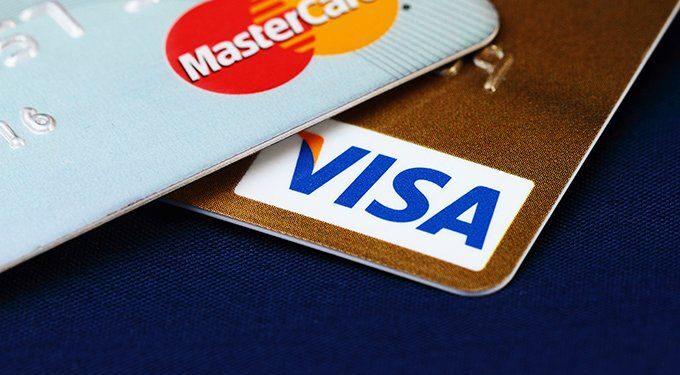Visa and Mastercard have reached a landmark settlement worth an estimated $30 billion to restrict credit and debit card fees for merchants, potentially leading to reduced prices for consumers. The antitrust settlement, announced on Tuesday, stands as one of the largest in U.S. history and aims to resolve most claims in nationwide litigation dating back to 2005.
Critics, however, remain skeptical, suggesting that the proposed savings might only be temporary, and that fees could remain at high levels. Merchants have long accused Visa and Mastercard of imposing excessive swipe fees and enforcing “anti-steering” rules that prevent them from directing customers toward cheaper payment methods.
Under the terms of the settlement, both Visa and Mastercard have agreed to lower swipe rates by a minimum of four basis points (0.04 percentage points) for three years. Additionally, they will ensure an average rate that is seven basis points below the current average for the following five years. The settlement also mandates the removal of anti-steering provisions and the introduction of caps on rates for five years.
This agreement grants merchants more flexibility to offer discounts or surcharges on cards with higher interchange fees. Many merchants already inform customers at checkout that using cards instead of cash may result in higher prices.
The fee reductions and caps alone are valued at $29.79 billion, with Visa estimating that small businesses comprise over 90% of the participating merchants. Despite agreeing to the settlement, both Visa and Mastercard have denied any wrongdoing.
Approval for the settlement is pending from U.S. District Judge Margo Brodie in New York City, which may not occur before late 2024 or early 2025, with the possibility of appeals. Some industry experts and associations, such as the National Association of Convenience Stores and the Retail Industry Leaders Association, have expressed reservations about the settlement, suggesting that it provides only temporary relief and falls short of addressing long-term concerns.
However, proponents of the settlement, including Nobel Prize-winning economist Joseph Stiglitz, believe that it could lead to significant savings for merchants, potentially resulting in lower prices for consumers. The settlement also involves Visa and Mastercard agreeing to cover up to $170 million in legal fees and expenses for the plaintiffs.
While the settlement is expected to face opposition from some quarters, it represents a significant step toward addressing long-standing issues surrounding credit and debit card fees in the United States.











